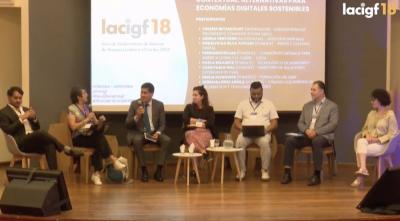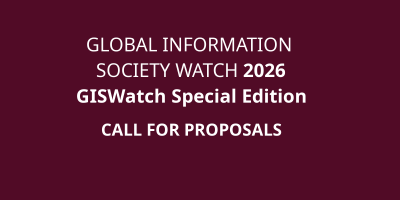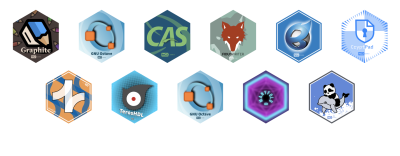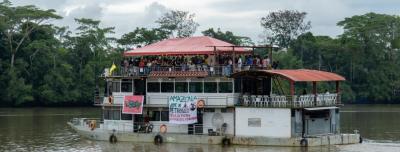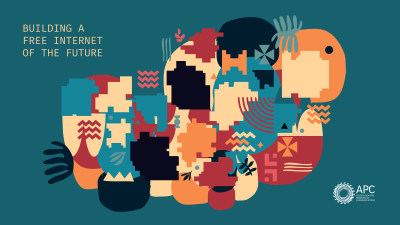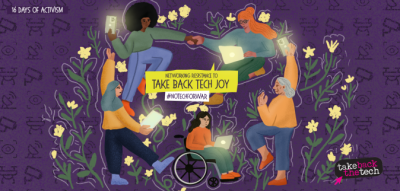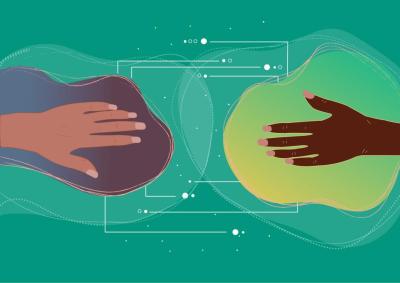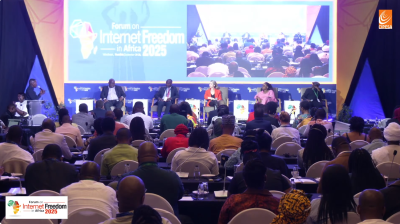This section features articles that are meant to inform readers about perspectives, issues and debates around certain topics considered relevant within the ICT arena, as well as highlights about all those activities and themes that matter to the APC network and the spaces we engage in.
| News
Débora Prado and Adolfo Dunayevich
Voices from Latin America: Creating secure digital spaces, especially for the most vulnerable communities
| News
NLnet Foundation
Grants for 45 projects working on shared digital infrastructure
| News
Maryellen Crisóstomo
In an age of disinformation, access to communication is a matter of climate justice
| News
Take Back the Tech! campaign
#NoTechForWar: Networking resistance to #TakeBackTechJoy for 16 Days of Activism against Gender-Based Violence 2025
| News
Maja Romano, Peace Oliver Amuge and Vassilis Chryssos
